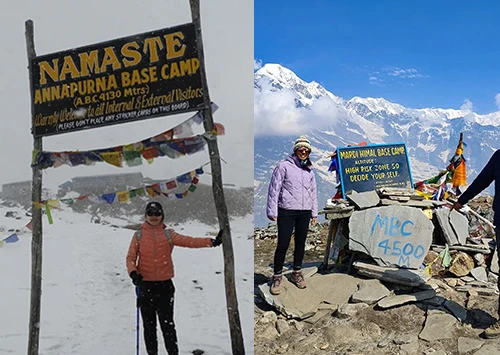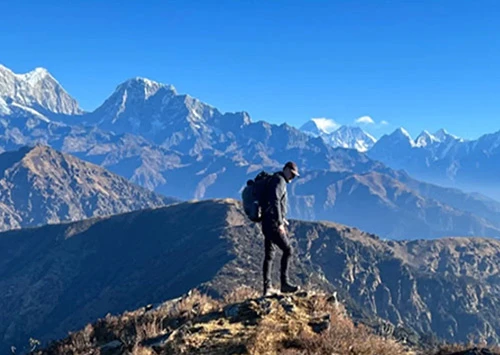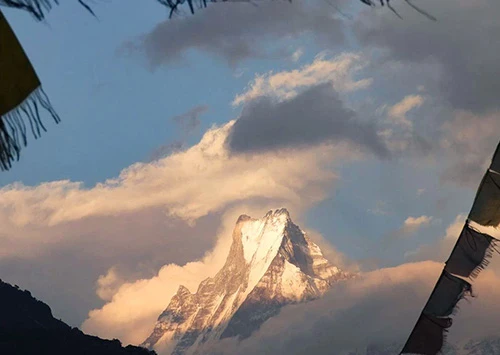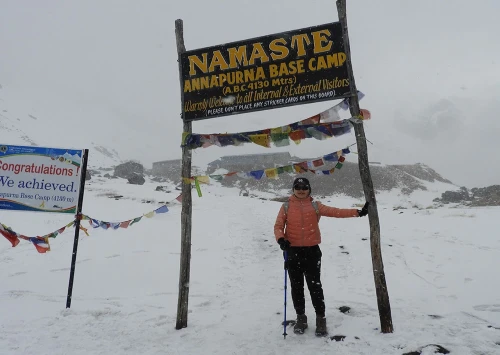Trekking in Nepal is a popular outdoor activity, attracting adventurers from around the world to explore its stunning landscapes and diverse culture. The country is home to some of the world's highest peaks, including Mount Everest, and offers a wide range of trekking options for all levels of experience. Here are some key aspects to consider if you're planning a trekking adventure in Nepal:
Popular Trekking Regions:
- Everest Region: Renowned for its breathtaking views of Everest and other high peaks. The Everest Base Camp trek is a classic choice.
- Annapurna Region: Offers a variety of trekking options, including the Annapurna Circuit and Annapurna Base Camp treks.
- Langtang Region: Closer to Kathmandu, it's known for its beautiful landscapes and cultural experiences.
Guides and Porters:
- Guides can provide valuable insights into the culture and ensure your safety, while porters can carry your heavy backpack, allowing you to enjoy the trek without the extra load.
Accommodation:
- Teahouses are the most common form of accommodation during treks. These are basic lodges along the trekking routes that offer meals and a place to sleep.
Altitude Sickness:
- Be aware of the risk of altitude sickness, particularly in high-altitude regions. Acclimatization days are often built into trek itineraries to help reduce the risk.
Equipment:
- Ensure you have the appropriate gear for the trek, including sturdy trekking boots, warm clothing, a good backpack, and a sleeping bag suitable for the conditions.
Season:
- The best time for trekking in Nepal is during the pre-monsoon (spring) and post-monsoon (autumn) seasons when the weather is generally stable.
Responsible Trekking:
- Practice responsible and sustainable trekking by respecting local cultures, minimizing your environmental impact, and adhering to the principles of "Leave No Trace."
Physical Preparation:
- Trekking in Nepal can be physically demanding, especially at higher altitudes. It's recommended to be in good physical shape and undertake some fitness training before your trek.
Before embarking on your trek, it's essential to do thorough research, plan your itinerary, and consider your own fitness and experience level. Whether you choose a short trek or a longer expedition, trekking in Nepal promises unforgettable landscapes and cultural encounters.












